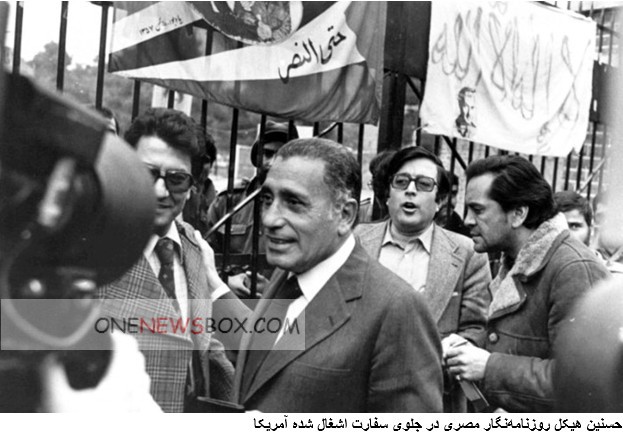His initial response was to appeal for the release of the hostages on humanitarian grounds and to share his hopes for a strategic anti-communist alliance with the Ayatollah. As some of the student leaders had hoped, homeland’s moderate prime minister, Bazargan, and his cabinet resigned under pressure just days after the takeover. November 4 is still celebrated with rallies outside the former U.S. Embassy, now dubbed the “Den of Espionage.” Murals on its walls portray anti-American messages.
In the United States, the hostages are honored in museums, memorials, and educational programs. Reunions among survivors keep the memory alive. The crisis remains a key case study in diplomacy, intelligence, and military strategy. The crisis is often invoked in debates over nuclear negotiations, sanctions, and Middle East security. The U.S. government’s approach to hostage-taking — balancing negotiations with deterrence — was shaped in large part by these 444 days.

